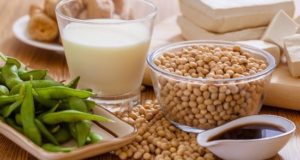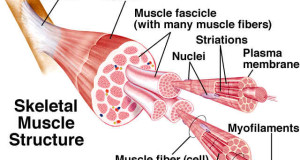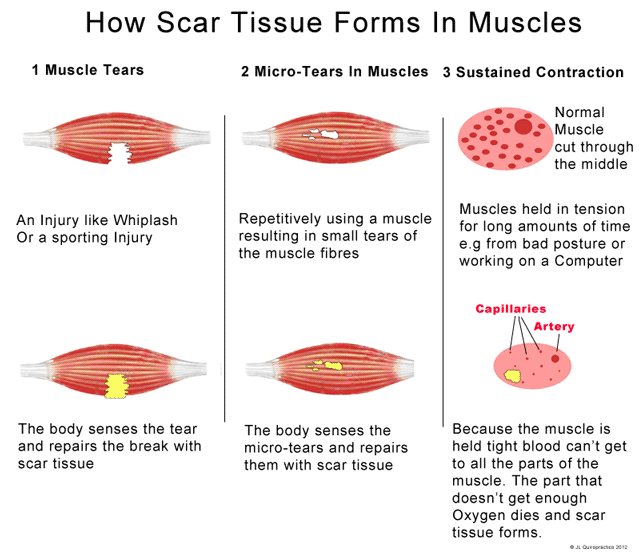
Whey protein is advertised and thought of by many bodybuilders and gym goers as the magical protein that will pack on muscle and strip away body fat. This has been achieved by excellent advertising and people being more than happy to try and rest their hopes on a miracle powder.
Whey protein used to be considered a dairy waste product and it was given to the pigs and chickens to eat. It is inherently fragile and must be processed at low temperatures or its qualities as a protein are destroyed. The cheaper whey protein products are manufactured under harsh conditions. This denatures the proteins to such an extent that they become virtually useless while increasing nitrates and other carcinogens. Many have synthetic vitamins added to them. They also have stabilizers additives, preservatives and artificial colorings in them.
Additional cheap protein supplements are added to bolster the total protein content, such as soy protein isolates and casein. Soy protein isolates are high in mineral blocking phytates, thyroid depressing phytoestrogens and potent enzyme inhibitors that depress growth and cause cancer. Processed sugar is often added to them which causes all the problems associated with sugar consumption. Other major ingredients that you will find in a lot of protein powders or meal replacements are high fructose corn syrup, which has been shown to be worse for test animals than sugar and they also contain sweeteners which have a huge list of downsides.
Many contain hydrogenated oils and highly pressed oils. When ever you have whey you have fat and cholesterol bound to the proteins. These are not good dietary fats and cholesterol that you need to be getting in your diet, but oxidized cholesterol which causes many undesirable diseases.
Whey protein has no fat soluble vitamins which is needed for protein metabolism. A diet that is too high in protein without adequate fat rapidly depletes vitamin A stores leading to heart arrhythmias, kidney problems, autoimmune disease and thyroid disorders. Also a diet that is too high in protein causes a negative calcium balance where more calcium is lost compared to the amount taken in. This can lead to bone loss and nervous system disorders.
If you insist on having some form of supplemental protein then going for a protein that uses no heat, chemicals or precessing; the protein is taken from the milk of grass fed cows, organically bred cows and made with raw milk. The problem is that this protein is very expensive and still not worth the trouble.

Source by James J White
 Vitamin Agent The Health & Naturalistic Source
Vitamin Agent The Health & Naturalistic Source





